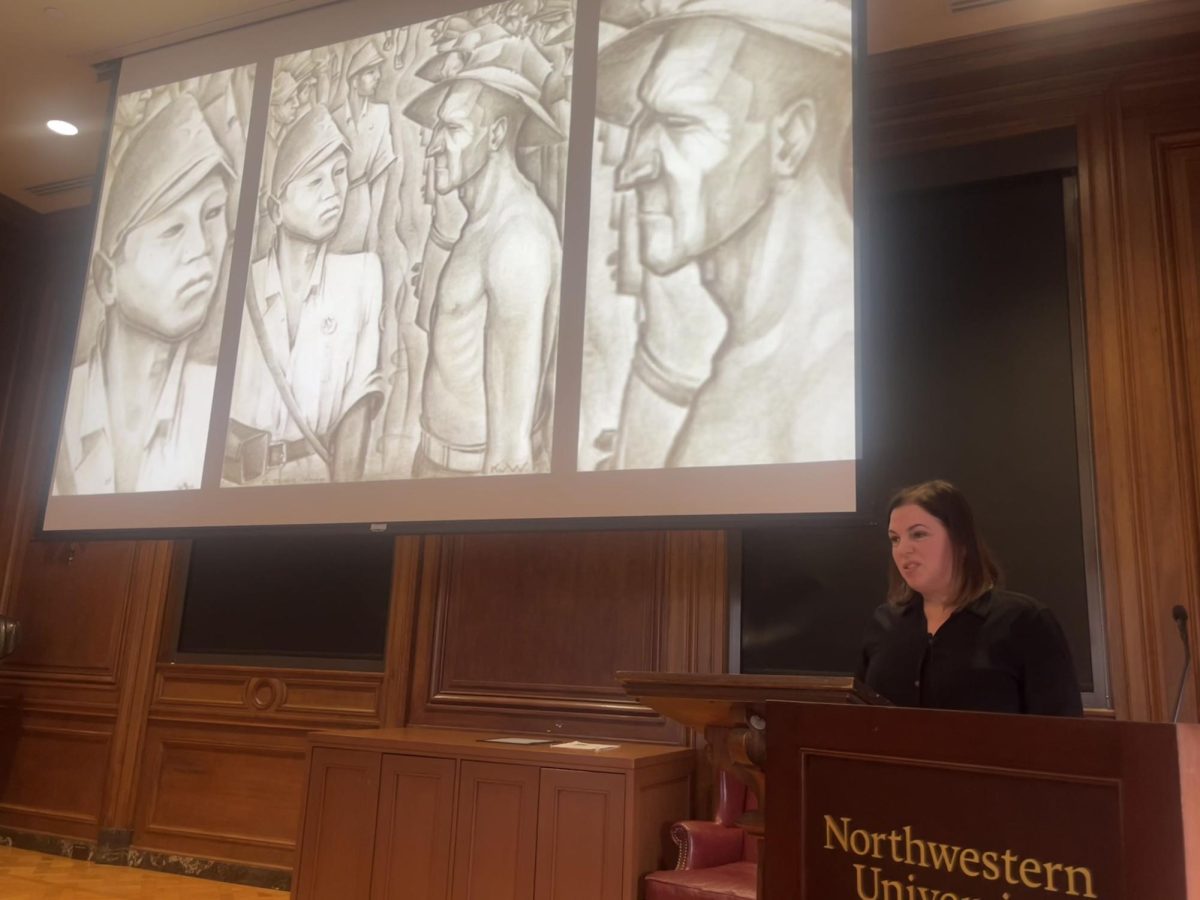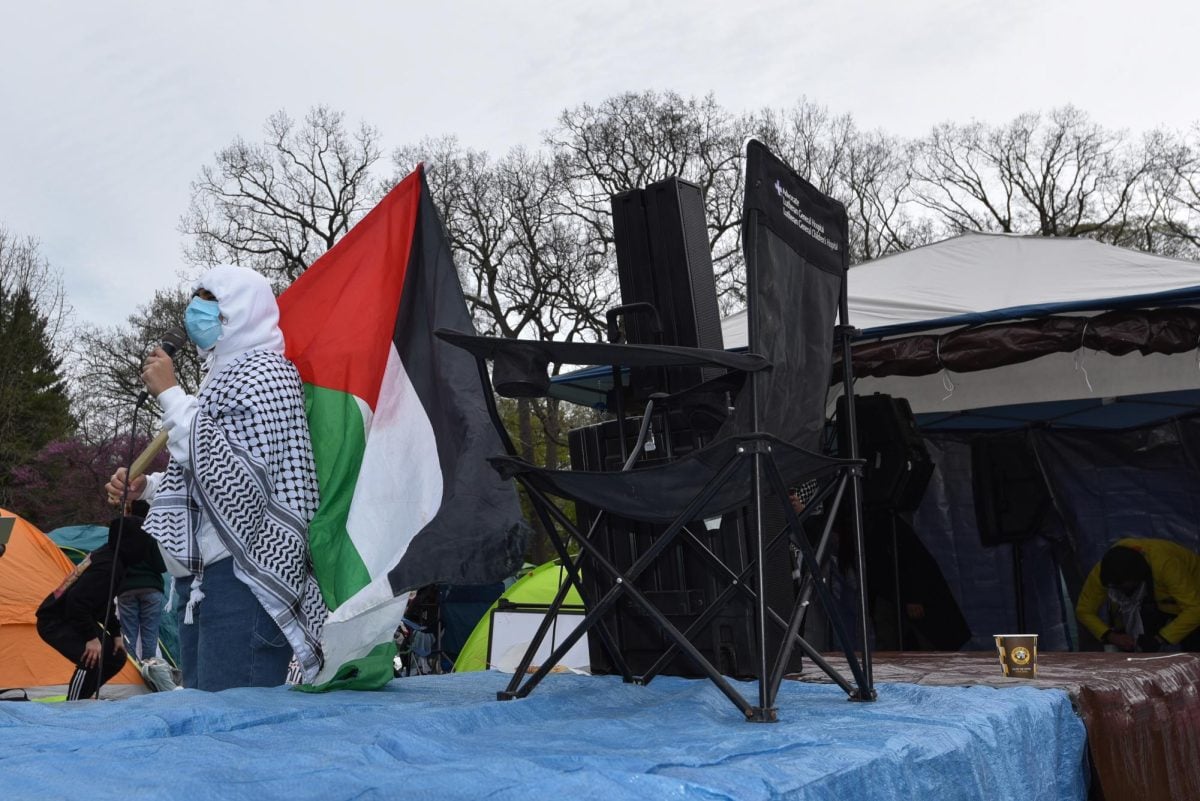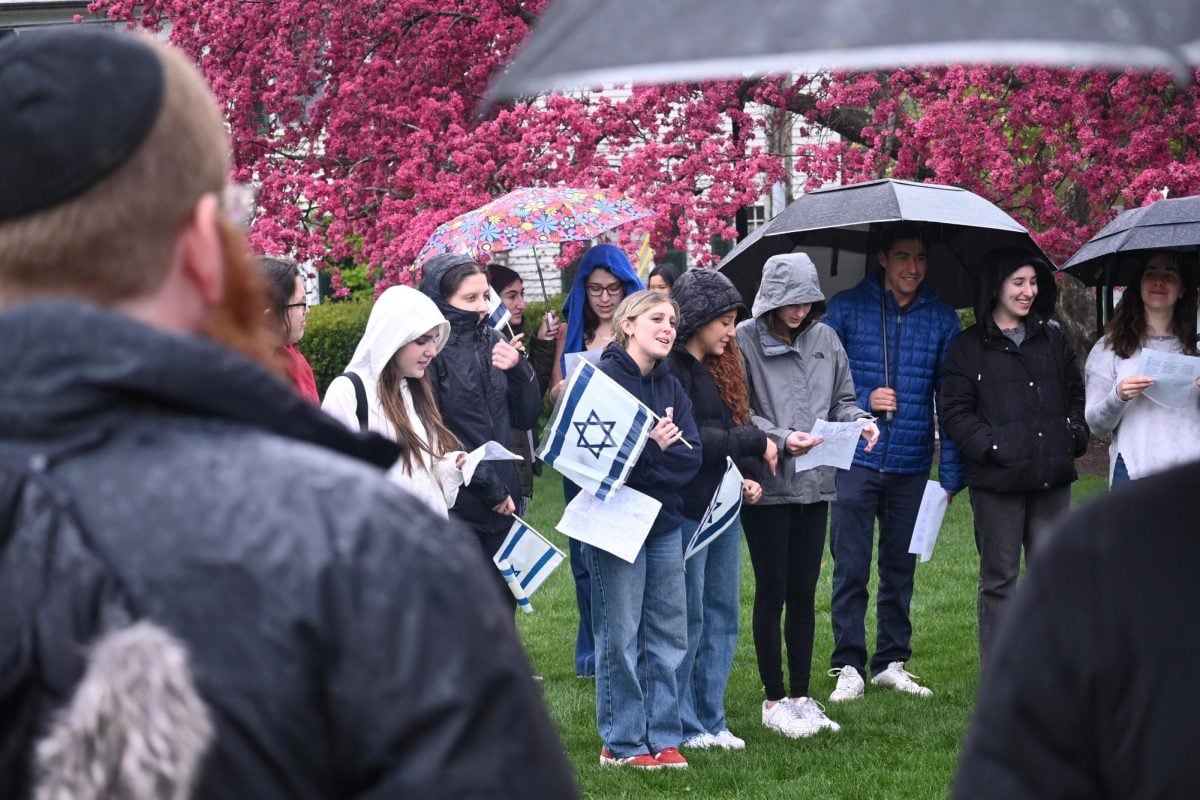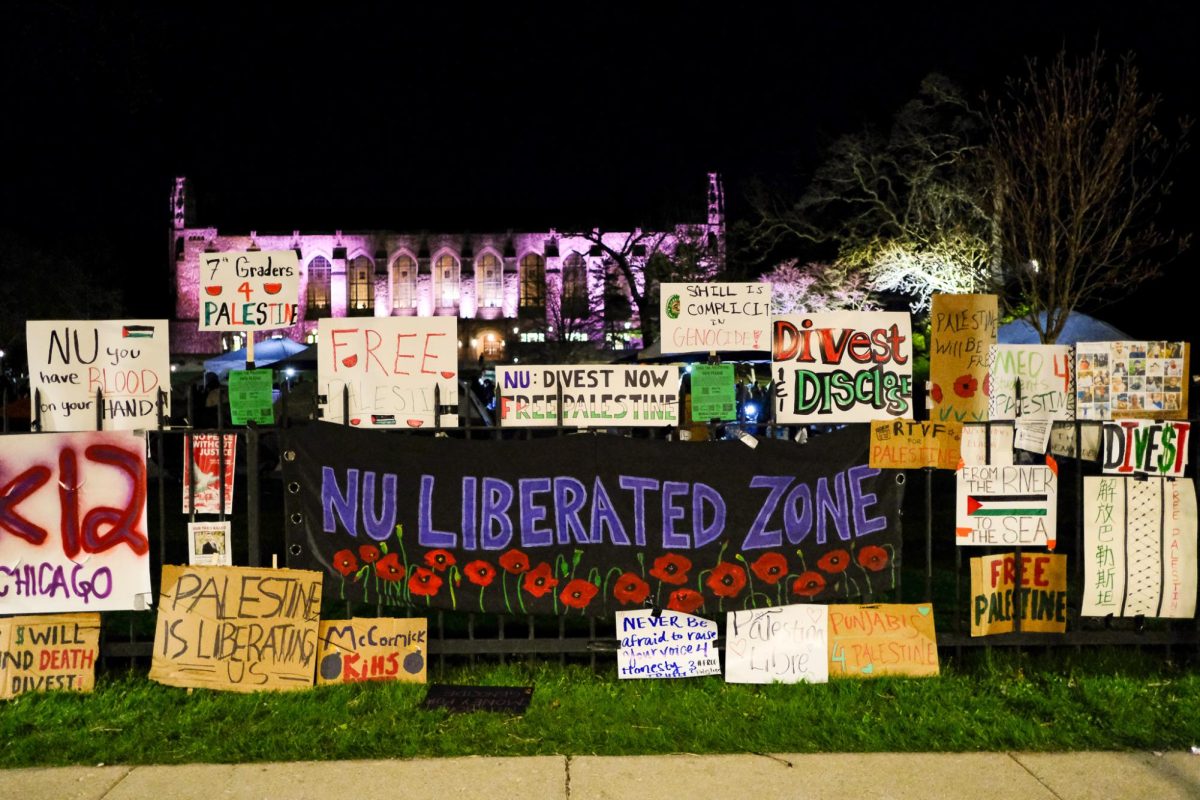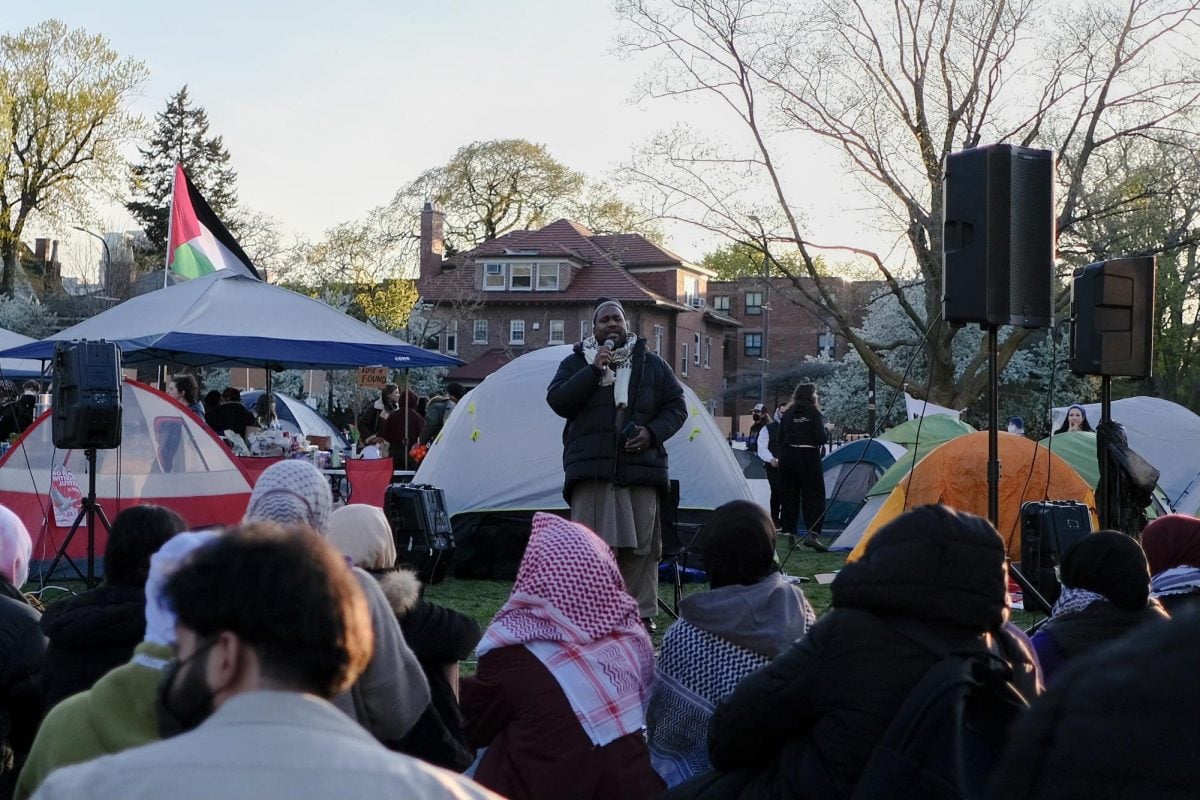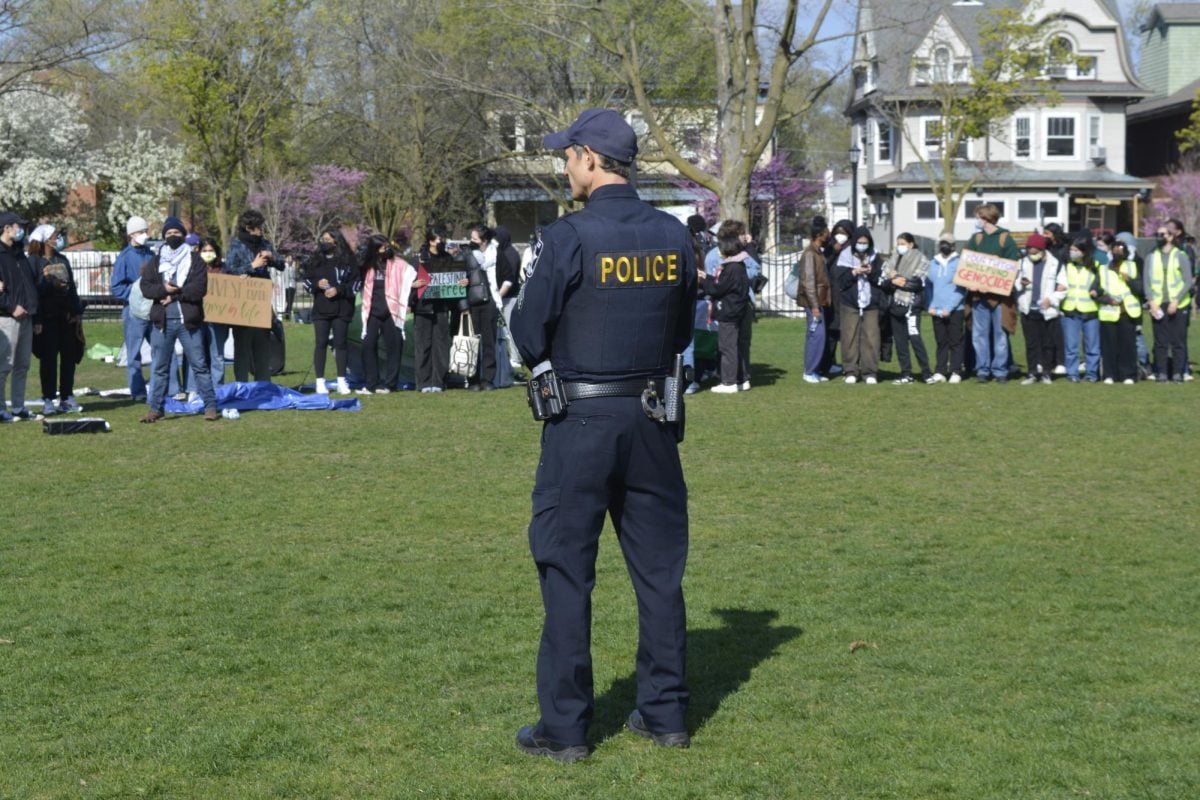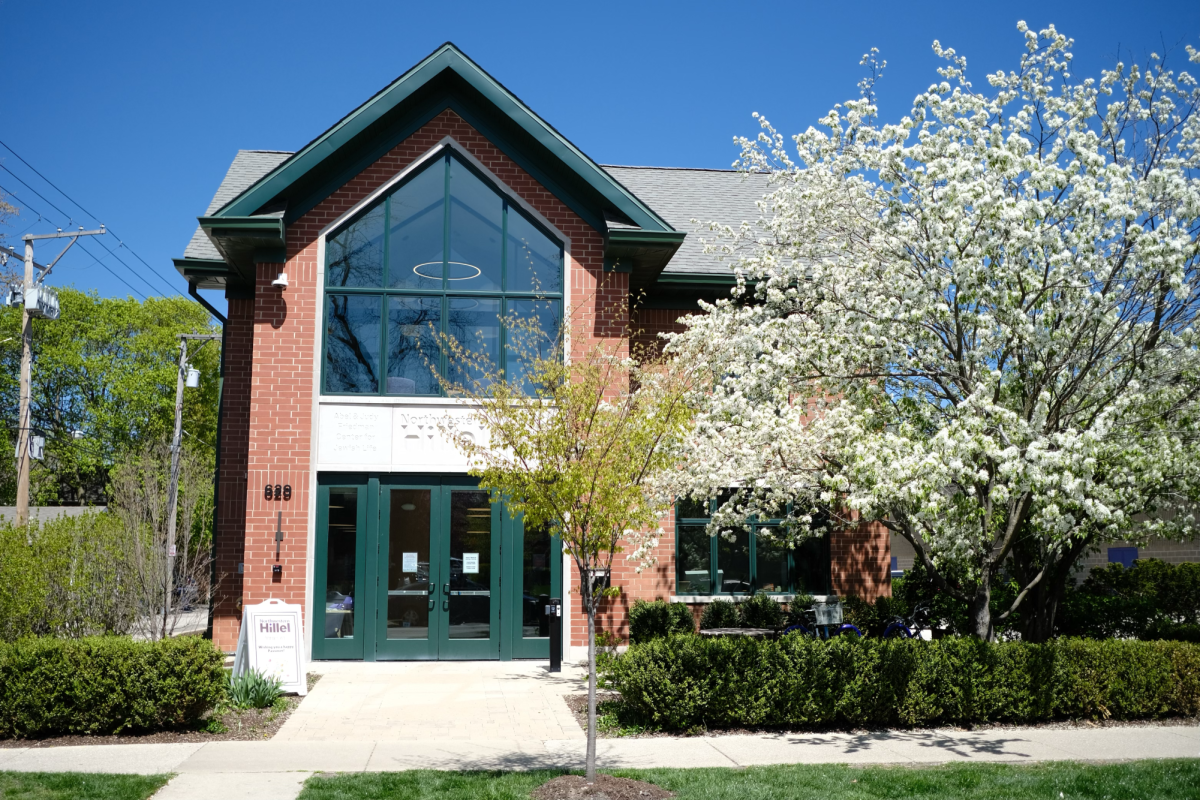Columbia University historian Sarah Kovner presented a new approach to understanding the inhumane treatment of Allied prisoners in Japanese camps during World War II at a lecture Wednesday afternoon.
More than 30 students and faculty gathered in Harris Hall to attend the event. The Department of History provided falafel, hummus and baklava for attendees.
Kovner argued that, contrary to the narrative promoted by popular media like Angelina Jolie’s 2014 film “Unbroken” and video games like Call of Duty, there is nothing inherent to Japanese culture that led to the suffering of Allied prisoners of war.
Between 130,000 and 190,000 people were held across 378 POW camps in Japan, Kovner said. According to Time Magazine, 40% of American prisoners held in Japanese camps died of starvation, illness or abuse. This stands in stark contrast to Japanese POW camps during the wars that preceded World War II, in which prisoners were treated relatively humanely, according to Kovner.
“It was Japanese inattention to the challenge of managing POWs and the lack of interest in caring for them that led to inhumane situations,” Kovner said.
In Kovner’s book, “Prisoners of the Empire: Inside Japanese POW Camps,” Kovner analyzes archival records, diaries and interviews with guards and prisoners of war.
“There was no plan, no protocol, no manual and no one truly in charge of caring for POWs,” Kovner said.
According to Kovner, Japan’s official policy during World War II was to follow the Geneva Conventions, and the military never made it an official policy to mistreat, exploit or kill their prisoners.
However, in reality, the few POW camp officers who knew about the Geneva Conventions lacked the capacity to abide by them, Kovner said.
“Imperial planners never thought through what resources the empire would need to expand, and this made the military unprepared to create adequate logistics,” Kovner said. “Nor did they create a coherent system of administration or clear chain of command.”
History Prof. Robin Bates said the department invited Kovner to campus to speak with students in the Sanders Seminar on The Historian’s Craft later in the day.
According to Bates, earlier this year, the seminar hosted biographer Beverly Gage, who won a Pulitzer for her book on J. Edgar Hoover, the first director of the Federal Bureau of Investigation.
“We are bringing in speakers because they’re illustrating different approaches to historical scholarship,” Bates said.
Members of NU’s history department piped in with questions on topics ranging from the relationships between POWs and local populations to the differences between the experience of white prisoners and prisoners of color.
History Prof. Daniel Immerwahr said he appreciated Kovner’s argument because it recognized “sins of omission,” something Immerwahr said historians struggle to do.
Immerwahr, who studies the history of colonialism and empire, drew connections between Kovner’s talk and British colonialism in India. He said while massacres and acts of extreme violence are often seen as the most dramatic examples of cruelty, the famines caused by British mismanagement killed millions — far more than any massacre –– and they often stemmed from poor planning.
“An enormous amount of the violence is actually sins of omission,” Immerwahr said.
Email: [email protected]
X: @joyycee_li
Related Stories:
— History Prof. Kate Masur discusses new course on abortion history in post-Roe world

